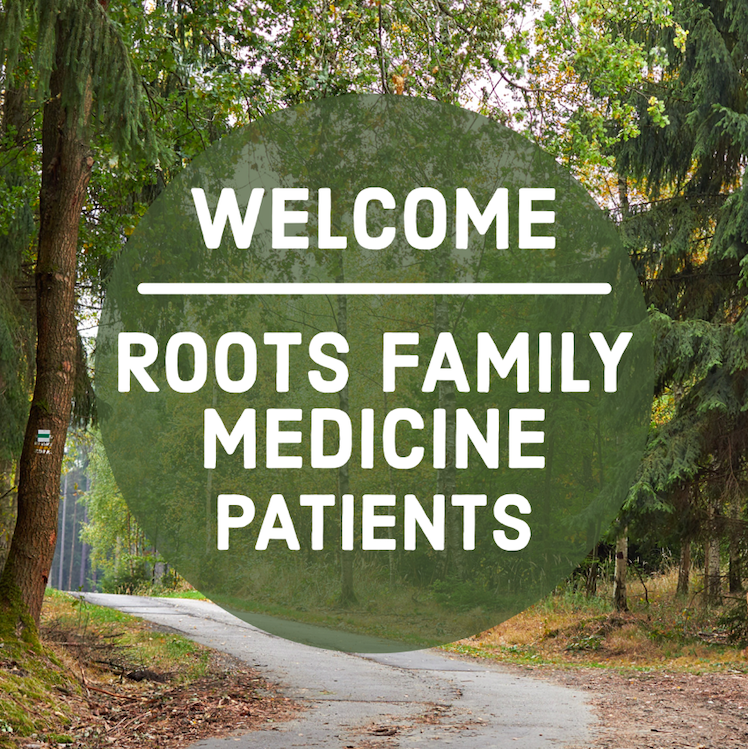We are excited to announce that NW Mind-Body Wellness will be opening a new office in Bend, Oregon this September. With the new office, we will be welcoming all prior Roots Family Medicine patients. We look forward to meeting and serving you.
For more information, check back on our website, follow our social media accounts, or contact us.
Links to our Social Media
- Facebook: https://www.facebook.com/NWMindBodyWellness
- Instagram: https://www.instagram.com/nwmind_bodywellness/
- LinkedIn: https://www.linkedin.com/company/nw-mind-body-wellness









